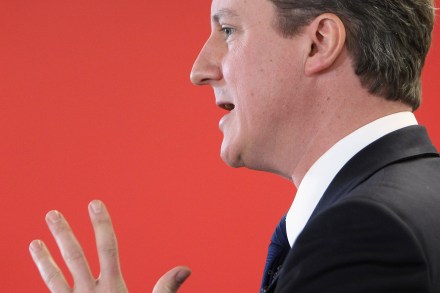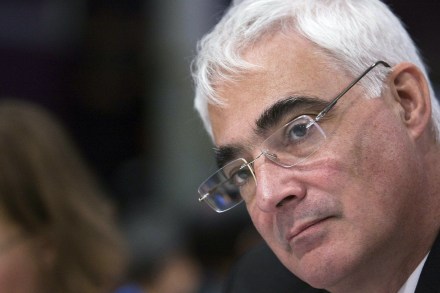Redwood is right – prison sentencing may need reform out of fiscal necessity
John Redwood is one of the most original thinkers on the right; and tasked with finding solutions to cut expenditure, he has concluded that too many petty thieves and fraudsters are imprisoned. Redwood argues: ‘The first is all those people who commit crimes by taking money or property that does not belong to them, ranging from the common thief to the fraudster. Surely it would be much better to prove to them that crime does not pay. They should be made to pay the costs of the police and judicial system in handling and prosecuting their case. They should make full restitution to any third party affected by their actions,



















